Planning ahead
Planning ahead with advanced pancreatic cancer
When you are diagnosed with advanced pancreatic cancer, you probably have a lot of questions. You may start thinking about your plans for the end of your life. It can be difficult to know where to start and how best to make these decisions. It may help to start with a list of questions that you can use as a starting point for how you document and tell your friends, family and medical team about what your priorities are at the end of your life.
It can be easier to break your questions down into who, what, where, when and how? Questions like;
- Who do I want to be providing my care?
- Who do I want to be there in the last days of my life?
- What level of care do I need?
- What type of care is available in different places?
- Where do I want to die?
- Where do I want to spend most of my time?
- When should I make decisions about my treatments? When should I think about stopping some of my treatments?
- How do I make sure my wishes are known by the right people?
- How will my decisions be funded?
Answering these questions can help you decide how you need to record your wishes, what your priorities are and who you need to talk to make sure this happens. There are many ways to plan for the end of your life, you can look through several options to make sure that you find the right ways to work for you. These decisions may feel very difficult and like something you would rather avoid but they will give you and your loved one’s peace of mind if ever you become unwell and cannot communicate what your wishes are.
Emotional impact of advanced pancreatic cancer
A diagnosis of pancreatic cancer is difficult for anyone affected by the disease. It can affect every aspect of your life and it can feel as though your world has been turned upside down. People who you would expect to be supportive may become distant, others may be more involved and helpful.
You may feel a sense of disbelief or that you need to be strong for others. You may feel as though you need to pull away from others for a time, to be alone and introspective. Or you may feel as though you want to have friends and family around you all the time and are afraid of being alone. You may experience a mix of these emotions. There is no right or wrong way to react to what is happening to you. If you respect your feelings, then you are doing the right thing.
Being open and honest with friends and family about how you are feeling is the best way to support them and yourself. Remember that they may need time and space occasionally as well.
You may experience:
-
You may feel angry that this is happening to you. That is understandable and expected, your life is ending sooner and taking a different path to the one that you imagined for yourself. It can be difficult to know what to do with your anger, to try and find a way to make it something productive. Directing your feelings the right way can help you make sure that you prioritise the things you want from life as much as possible.
-
Difficulty sleeping is called insomnia. Many people with cancer struggle to sleep at various times. It may be due to medication side effects, poorly managed symptoms or anxiety. Not sleeping well can make you feel worse and make any anxiety or worries greater.
Tips for better sleep include
- Having a regular bedtime routine
- Being as active as possible
- Avoiding caffeine and alcohol
- Avoiding screen time such as smart phones or computer screens in the hour before bed
- Meditation or mindfulness
-
Fear is common when people think about dying. It may help to try and find out the cause of your fear. Is it the idea of being alone? Is it the thought of being in pain? Or what happens after you die to yourself and the people you care about? It may be a mixture of these things. Once you can turn your fear into questions, you know who to go to and what to do to answer them.
-
You may feel a sense of grief or loss at what is happening to you. Talking to loved ones may help you share those feelings. Feeling sad and grieving is normal, if you feel a sense of hopelessness or take no pleasure from things you used to enjoy for a long period of time this may be depression. The link between pancreatic cancer and depression is complicated. Rates of depression are high in people with pancreatic cancer, but it is not a normal part of the end-of-life process. If you are worried about depression, it is important that you speak to your medical team.
-
You may feel as though you are isolated and alone following your diagnosis. It can feel as though you are the only person in the world who can understand how you are feeling. It may feel as though you cannot talk to other people, either because they cannot relate, or you will upset them. There are people who can support you through this time, family, friends and health care professionals. There is no right or wrong person to talk to or way of dealing with loneliness, as long as you talk to someone.
-
Sometimes you may view things that have happened in your life with regret. Some people blame themselves for not going to the doctors sooner or look back at their past with regret. Try and remember that this diagnosis is not your fault. Making memories and strengthening your relationships in the here and now may help to build bridges.
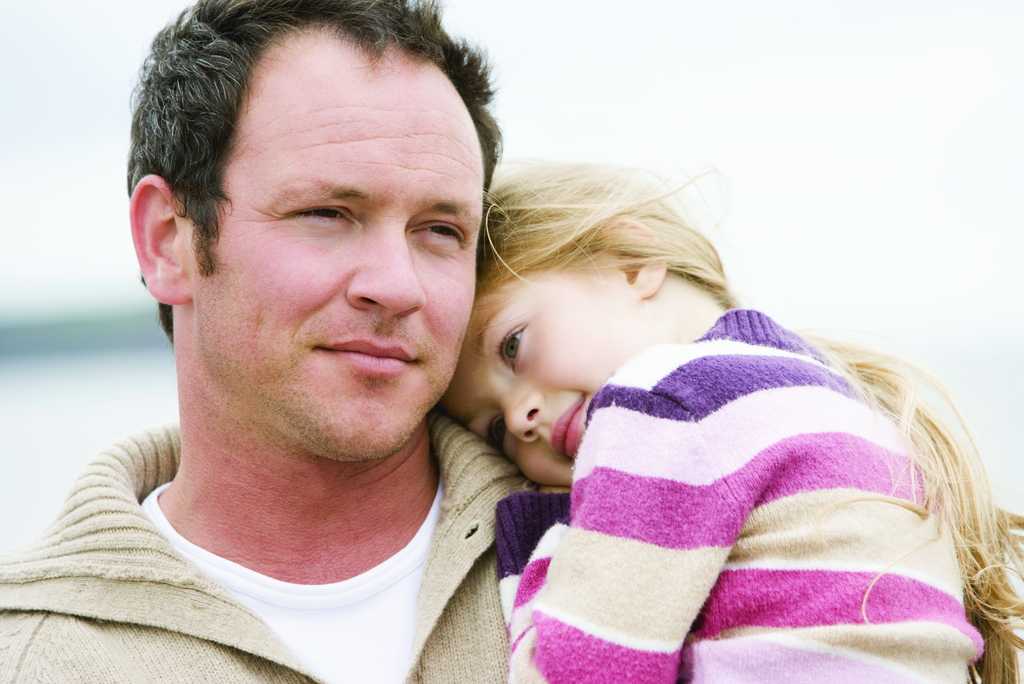
Documenting your wishes
Learn how to document your care preferences and decisions, ensuring your wishes are respected and followed.
Read more
Making a will and funeral planning
Plan your will and funeral to ensure your wishes are honoured, providing clarity and comfort to your loved ones.
Read more
Choosing where to spend your final days
Explore options for your preferred end-of-life setting, ensuring comfort and alignment with your wishes.
Read more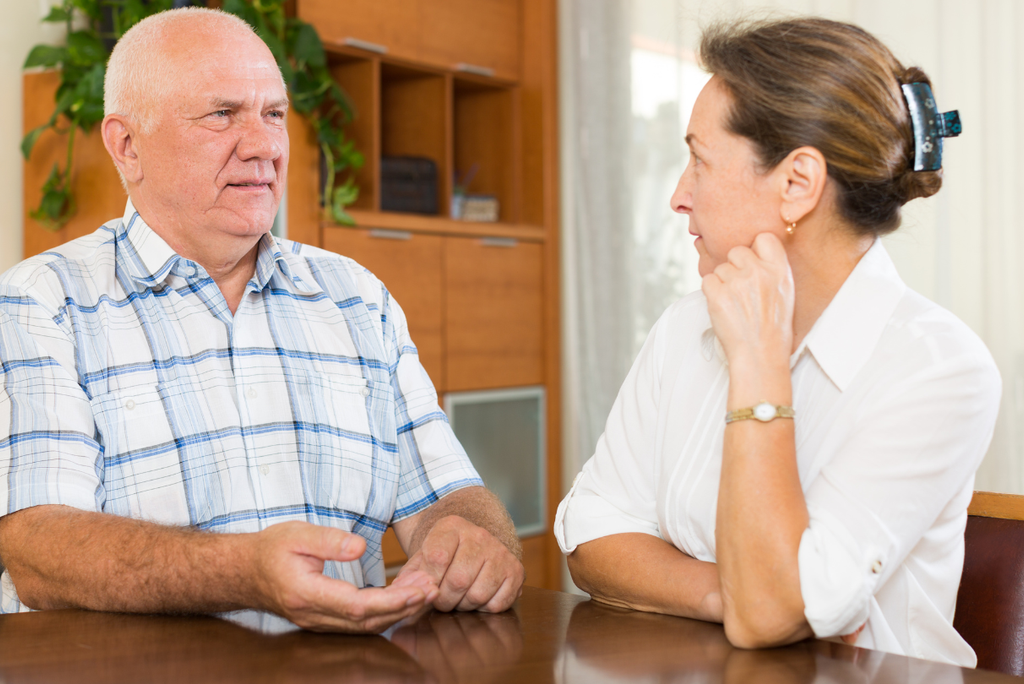
Discussions about dying
Guidance on having conversions about dying, including how to discuss end-of-life decisions with loved ones and healthcare professionals.
Read more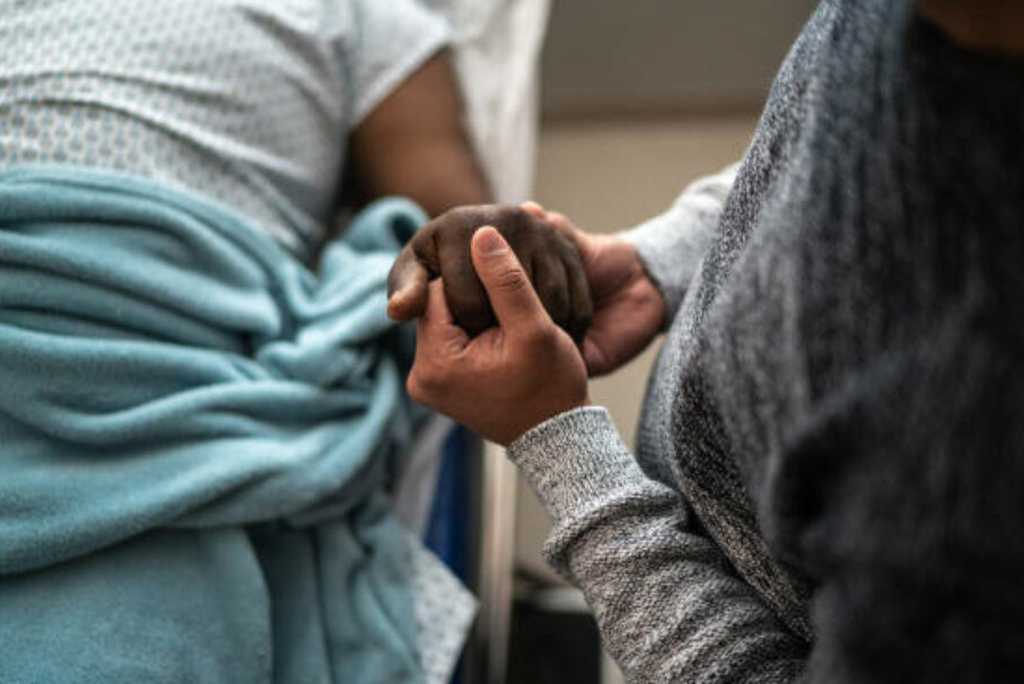
Resuscitation and organ donation
Learn about DNAR orders and organ donation to make informed decisions about your end-of-life care and ensure your wishes are respected.
Read moreSupportive and end of life care for pancreatic cancer
In this booklet you will find information about living with a diagnosis of advanced pancreatic cancer. It will help you to understand what palliative care is, support available to you and how to prepare for the end of life.
Read more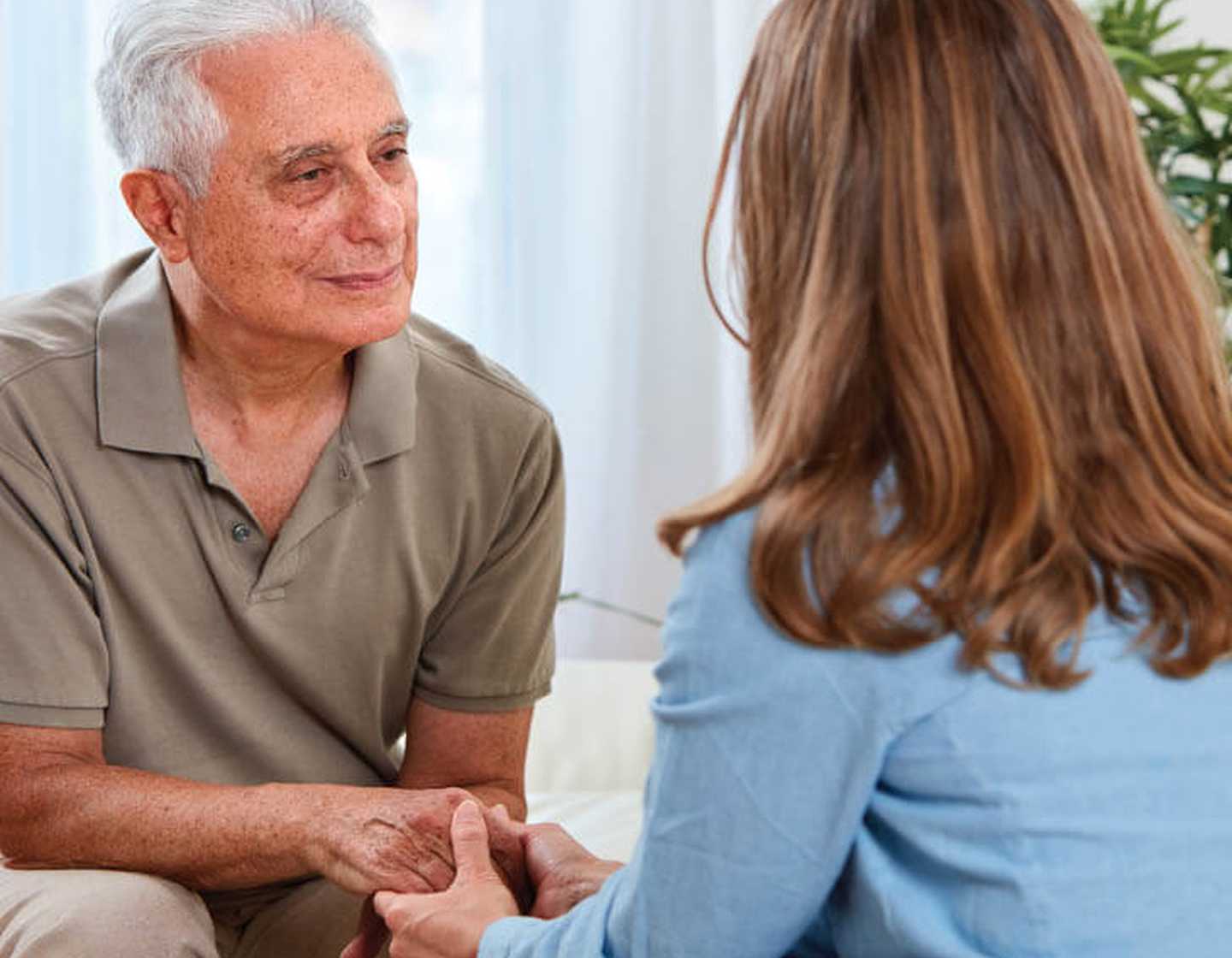
The information provided in this site, or through links to other websites, is not a substitute for medical or professional care and should not be relied upon as such. Read our disclaimer.
Sources and references for this information product will be supplied on request. Please contact us quoting the Information Product number below:
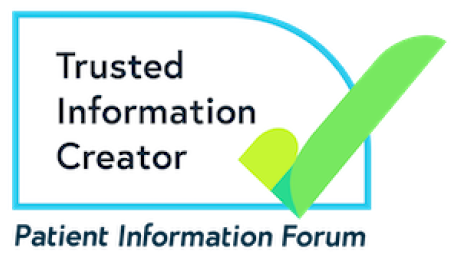
- Information Product No: TBC
- Published: 3 Oct 2019
- Last updated: 18 Jul 2024
- Next Review Due: 10 Jul 2027